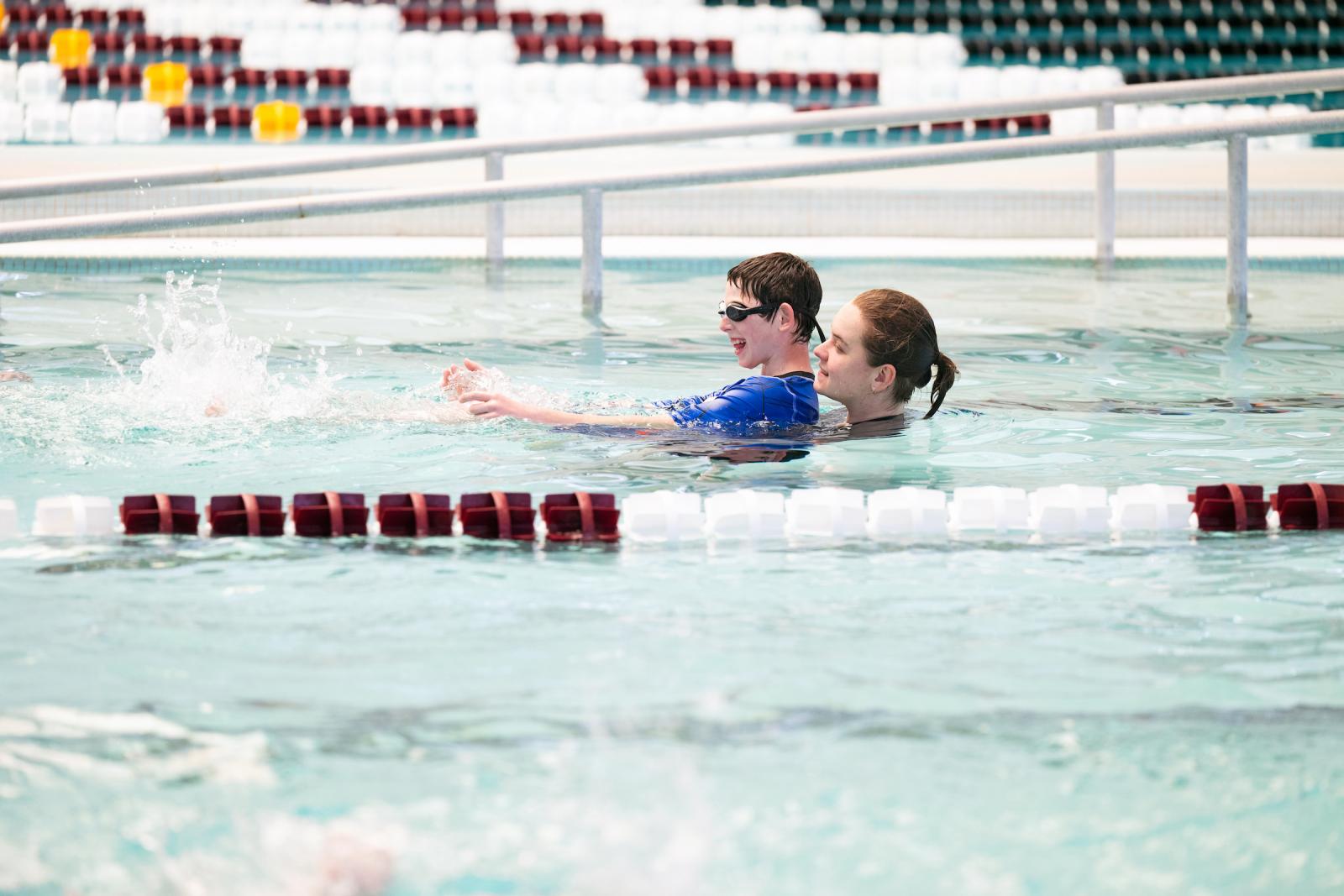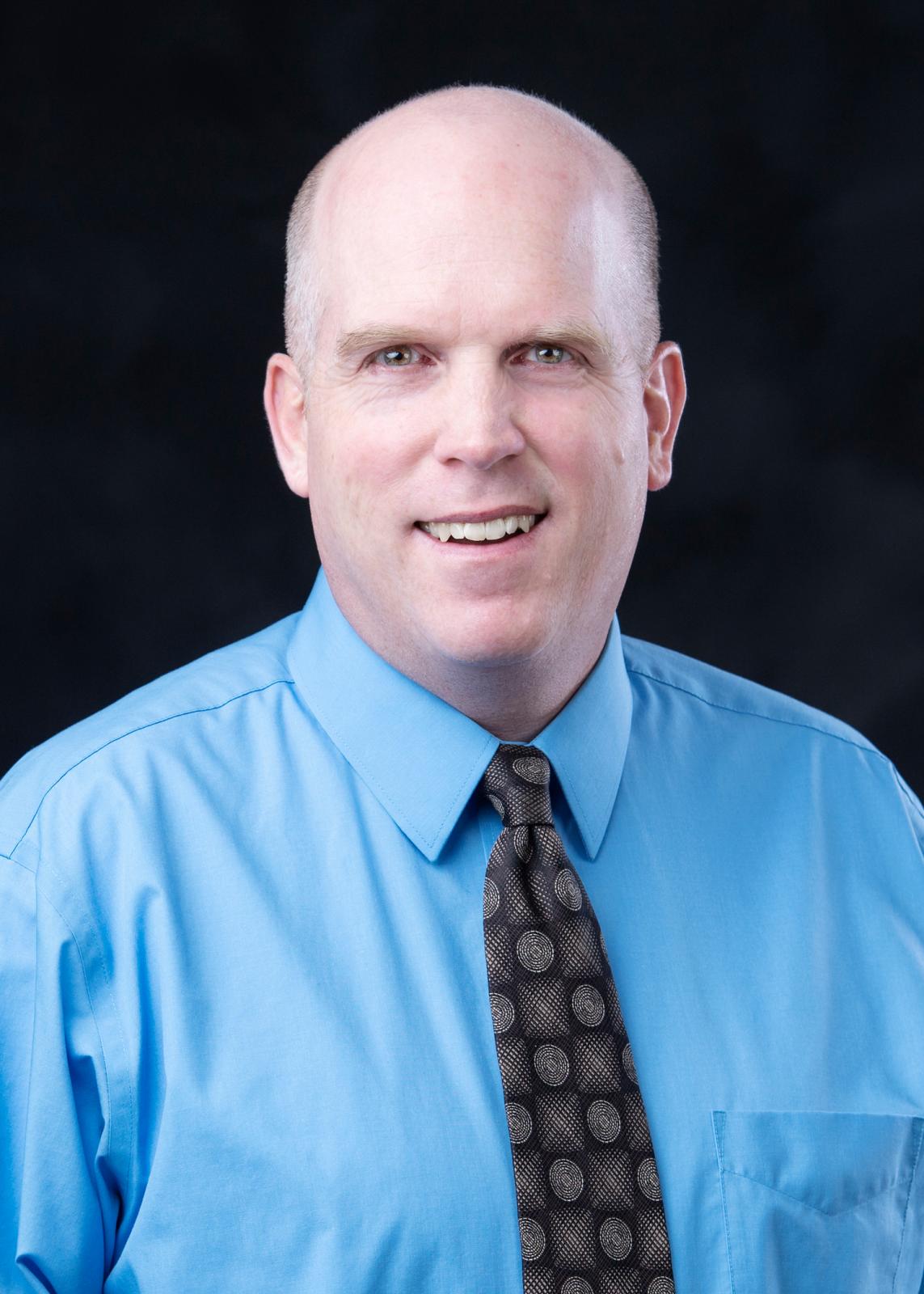This month’s Adapted Swim Camp at MSU helps individuals with special needs

Contact: Bethany Shipp
STARKVILLE, Miss.—Mississippi State’s Department of Kinesiology hosts the MSU Adapted Swim Camp this month to teach children with special needs the foundations of swimming and water safety.
The camp takes place Sept. 29-Oct. 3 in MSU’s Sanderson Center, 225 Bailey Howell Dr., and serves children ages 3-14. Under the direction of Associate Professor of Kinesiology Gregg Twietmeyer, certified adapted swim instructors and MSU student volunteers will help participants develop confidence in the water and learn basic swimming skills and water safety. The camp requires swimmers to attend one 45-minute or 60-minute session per day over a five-day period, depending on age.

Commenting on the importance of the camp, Twietmeyer said, “Play is fundamental to human experience and well-being. The MSU Adapted Swim Camp exists to break down the barriers which prohibit many people with special needs from fully engaging with swimming and other forms of water-based recreation. The camp brings smiles to campers’ faces, puts parents’ anxiety to rest as they see their children grow and provides invaluable practical experience to our kinesiology student volunteers.”
To be eligible for the camp, participants must be at least 3 years old and have a diagnosed disability. Participants with a tracheostomy or G-tube stoma less than two months are not eligible.
The registration fee is $100, with full scholarships available for those in need. Capacity is limited and will be filled on a first-come, first-served basis.
Volunteers are needed to assist and work with the campers for one session per day over the five-day period. All volunteers must be at least 15 years old and comfortable in the water. For more information on registration or volunteering, visit www.kinesiology.msstate.edu/swimcamp.
For more information on the camp or scholarships, contact Twietmeyer at g.twietmeyer@msstate.edu.
MSU’s College of Education, home of the Department of Kinesiology, also includes four additional academic departments, a division of education, one research unit and numerous service units. Learn more at https://www.educ.msstate.edu/.
This project was supported, in part by grant number 2401MSSCDD, from the U.S. Administration for Community Living, Department of Health and Human Services, Washington, D.C. 20201. Grantees undertaking projects with government sponsorship are encouraged to express freely their findings and conclusions. Points of view or opinions do not, therefore, necessarily represent official ACL policy.
Mississippi State University is taking care of what matters. Learn more at www.msstate.edu.